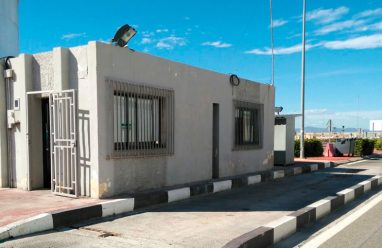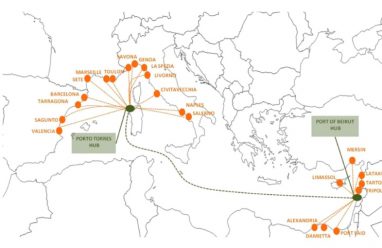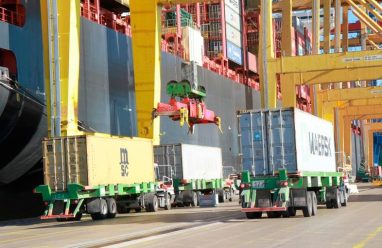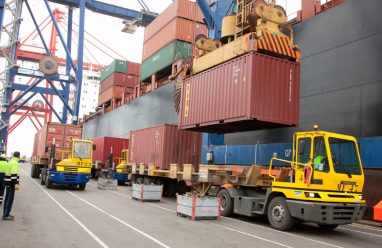Fundación Valenciaport provided technical assistance between 2013 and 2014 to the Engineering Foundation (FEESC) at the University of Santa Catarina as part of the Smart Port Logistics Chain of the Federal Government of Brazil.
The objectives and results of the technical assistance are detailed below:
- Identification and analysis of international initiatives and practices with similarities to the “Smart Port Logistics Chain” project in Brazil and whose solutions, both managerial and technological, could be adapted for implementation. An analysis was carried out on the ports of Los Angeles, Hamburg, Valencia and Valparaíso.
- Estimation of the cost structure of international practices and their application to the CLPI project in Brazil.
- Estimation of the benefits of international practices and their application to the CLPI project in Brazil.
- Analysis of the interoperability of the international systems analysed and of the systems implemented in Brazil.
- Proposed “clusterization” platforms for determined port communities in Brazil, as well as their organizational structure and costs.
- Proposed business model for the Information Management of the Port Logistics Chain.
- Proposed Procedural Harmonization Plan.
The Smart Port Logistics Chain project, currently being overseen by the Brazilian Ministry of Infrastructures, part of the Federal Government of Brazil, was launched by the Secretary of Ports (and has now been ratified). The project comes within the framework of a series of measures that are being deployed in the so-called “Port Logistics Intelligence” ports.
The main aim of this project is to implement an innovative process, with the backing of the PORTOLOG IT system to facilitate the management of lorry traffic accessing the port, collecting information such as the origin of the freight to the port terminal destination, allowing for the dissemination of advance information to the port community, making it easier to allocate resources to streamline operations. As a result, the logistics process sees improvements to its security, speed and performance indicators.
To be able to monitor the location of lorries, they considered technologies to automate the port gates using radio-frequency identification (RFID) technologies; optical character recognition (OCR) to automatically detect number plates and the container code; and biometric recognition to detect and identify drivers.
The Smart Port Logistics Chain project continues to be active. Recently, work was completed on the access infrastructure and parking in the port of Vitoria, as outlined in the 2018 CODESA Management Report. One of the main aims of the automating of port access is to avoid vehicle queues. With the facilities and the PORTOLOG system in place, lorries only enter the port at pre-scheduled times: the dates and times of the ship dockings are synchronized with the access of lorries, resulting in a speedier process and greater security.







